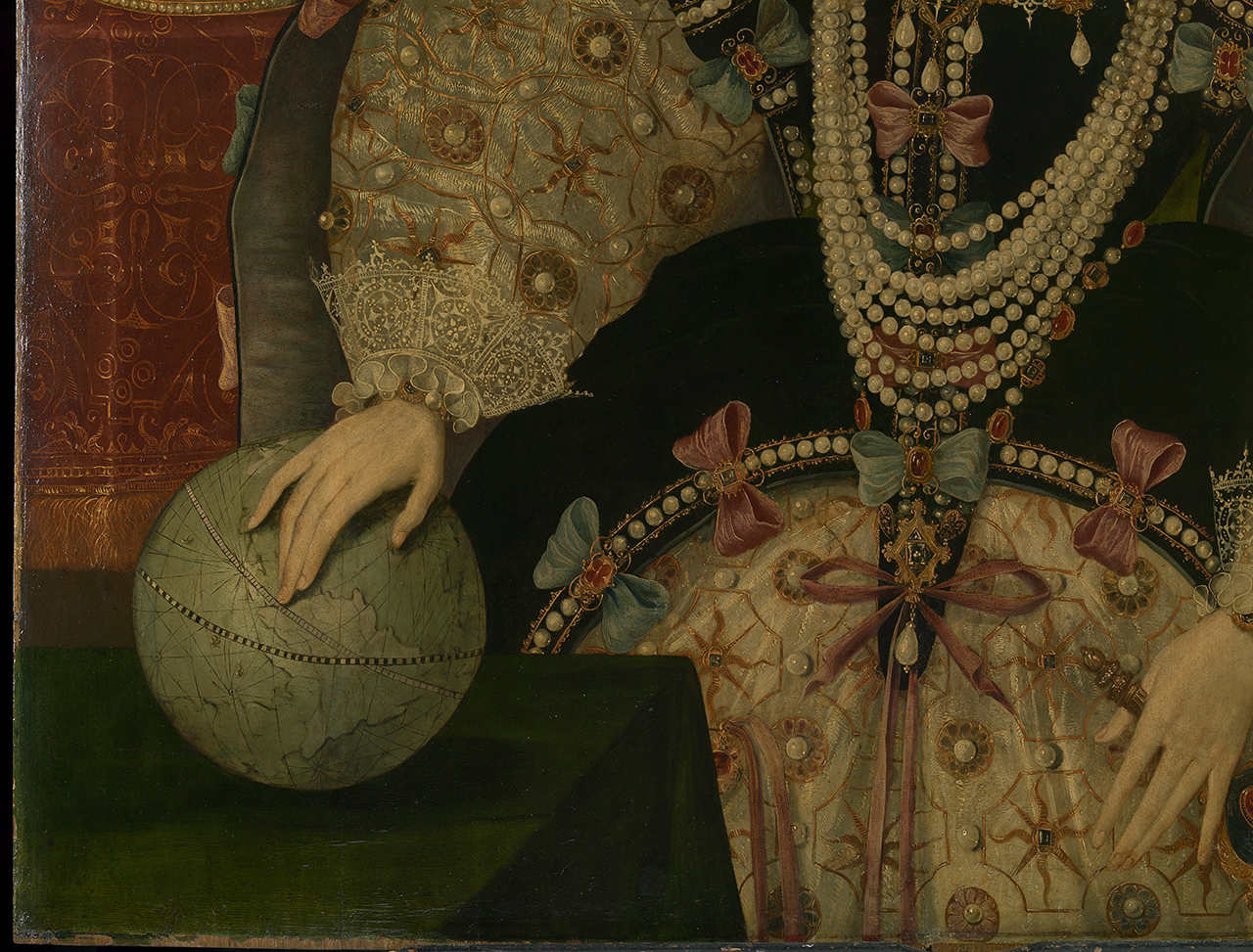
This lecture proposes to rethink early modern English literature, especially drama, from the margins, by shifting the focus towards marginalised identities, spaces, and communities in order to highlight the ethnic, cultural, and religious complexities of early modern England. In an increasingly globalised early modern world, voyages of discovery, exploration, and trade, religious conflict, and colonial expansion led to an unprecedent circulation of people and goods all over the globe – both voluntary and, as in the case of slavery, involuntary. The lecture will thus discuss the presence of religious and ethnic others in England and Europe more generally as well as their literary representations. No city embodied this new cosmopolitan spirit more famously than the Mediterranean city-republic of Venice, where Shakespeare sets the plot of Othello, and The Merchant of Venice, undoubtedly the most canonical treatments of ethnic and religious difference in early modern drama. This lecture, however, will show that these plays were by no means unique manifestations of Shakespeare’s supposedly cosmopolitan sensibilities, but part of a more widespread response to the voracious appetite of English readers and playgoers for all things foreign and exotic.
This lecture will cover, among others, so-called “Turk plays,” such as Robert Daborne’s A Christian Turned Turk (1612) or Philip Massinger’s Renegado (1624), which responded to a new interest in the Ottoman Empire that clashed with European in the Mediterranean Sea as well as the Balkans, and brought (more or less accurate) representations of Islam to a mass audience in London’s commercial theatres. Emphasising the instability of religious identities and the threat (or temptation?) of conversion, these plays are driven by ethnographic curiosity as much as by anxieties about the place of English Protestantism in a wider, multipolar world. We will also consider plays set in Northern Africa, such as George Peele’s Battle of Alcazar (1594), about an internal struggle between two rivals for the throne of “Barbary” in the 1570s with peripheral European and English involvement; Christopher Marlowe’s two-part play Tamburlaine the Great (c. 1588), about the central Asian Emperor Timur (1320-1405); or Philip Massinger’s Island Princess (c. 1620), which is set in the “Spice Islands” (i.e. Moluccas) of Indonesia. All these plays testify to the rich representational diversity on early modern London’s commercial stages and will be contextualised in their contemporary political and cultural developments as well as recent scholarship on ethnic and religious difference in the early modern world.
Learning Outcomes
On successful completion of the course, students will have gained insight into England’s place in an increasingly globalised early modern world and its interactions with non-European and non-Christian civilisations. They will understand how literature in general and the theatre in particular contributed to corresponding notions of otherness and religious and ethnic difference, and they will have become sensitive to the role which such otherness played in literary reflections on England’s own identity.
Bibliography
Short texts (or excerpts of longer works) that students are expected to read will be made available online on Moodle.
- Teacher: Kilian Markus Schindler
